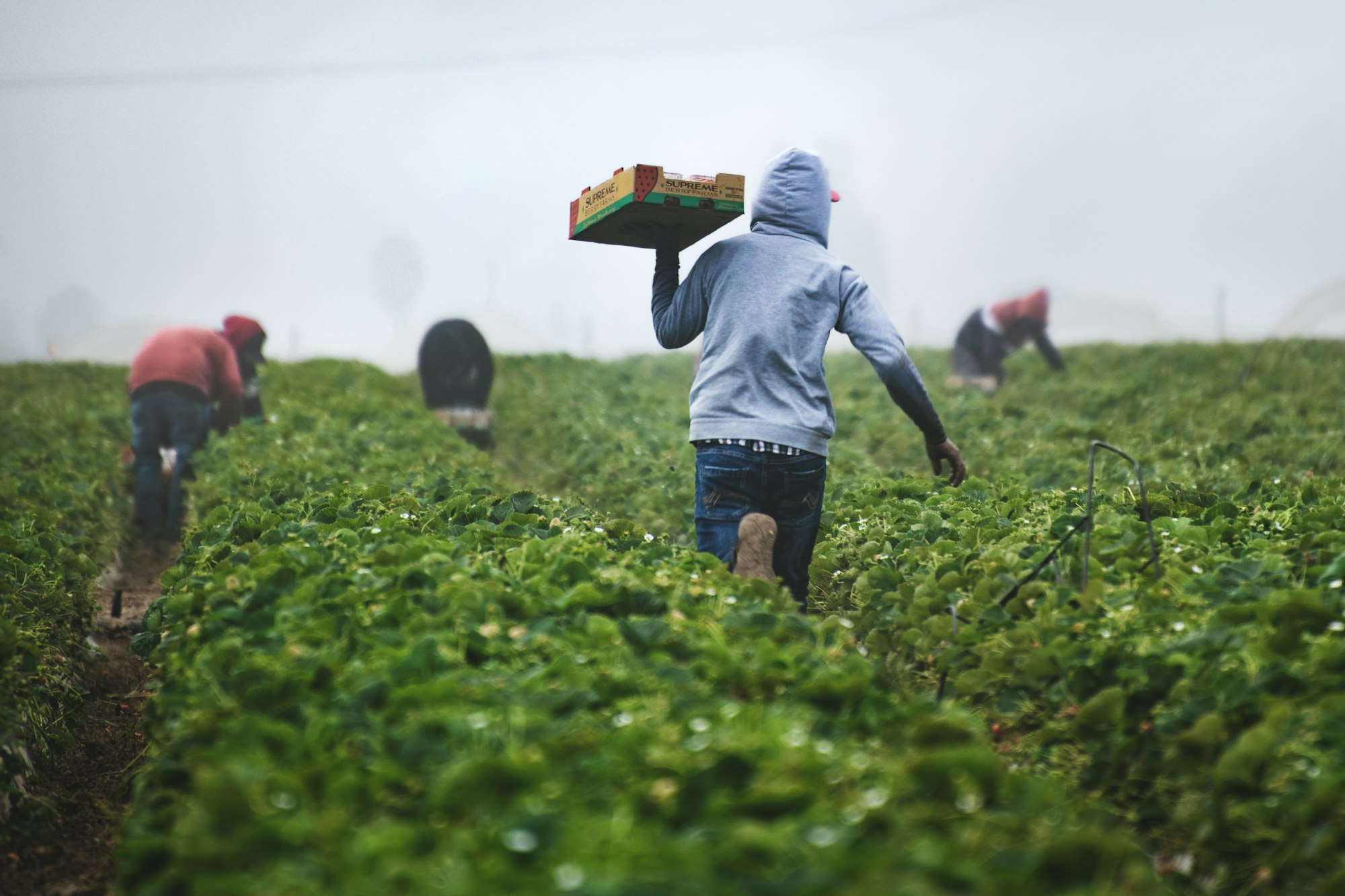
As we stand on the cusp of a new era defined by technological innovation and environmental stewardship, the future of farming holds both promise and opportunity. With a growing global population, changing climate patterns, and increasing pressure on natural resources, the agricultural sector is poised for transformation. In this article, we explore the key trends shaping the future of farming and the implications for food security, sustainability, and economic development.
1. Precision Agriculture
Precision agriculture, enabled by advanced technologies such as GPS, drones, sensors, and data analytics, is revolutionizing the way we cultivate crops and manage livestock. By providing farmers with real-time insights into soil health, weather patterns, and crop conditions, precision agriculture allows for more targeted and efficient use of inputs such as water, fertilizer, and pesticides. This not only improves yields and reduces costs but also minimizes environmental impact and enhances sustainability.
2. Vertical Farming
In densely populated urban areas where arable land is scarce, vertical farming offers a promising solution to the challenge of food production. By growing crops in vertically stacked layers within controlled indoor environments, vertical farms can achieve higher yields with less water, space, and energy compared to traditional farming methods. Additionally, vertical farming enables year-round production, mitigating the effects of seasonal fluctuations and climate variability on crop yields.
3. Sustainable Practices
As consumers become increasingly conscious of the environmental and social impact of their food choices, there is a growing demand for sustainably produced agricultural products. From organic farming and agroforestry to regenerative agriculture and carbon sequestration practices, farmers are embracing a range of sustainable techniques to preserve soil health, protect biodiversity, and mitigate climate change. By prioritizing ecological stewardship and adopting holistic approaches to land management, farmers can ensure the long-term viability of their operations while safeguarding natural resources for future generations.
4. Robotics and Automation
Advancements in robotics and automation are reshaping the agricultural landscape, from autonomous tractors and robotic harvesters to AI-powered weed control systems and robotic milking machines. By automating repetitive tasks and reducing the reliance on manual labor, these technologies not only improve efficiency and productivity but also enhance worker safety and well-being. Additionally, robotics and automation enable farmers to collect and analyze vast amounts of data, enabling more informed decision-making and optimization of farm operations.
5. Climate Resilience
Climate change poses significant challenges to agricultural production, including more frequent extreme weather events, shifting growing seasons, and increased pest and disease pressure. In response, farmers are adopting climate-resilient crops, implementing water-efficient irrigation systems, and diversifying their crop portfolios to mitigate risk and adapt to changing conditions. Additionally, investment in climate-smart infrastructure and insurance mechanisms can help farmers cope with the impacts of climate variability and ensure food security for vulnerable communities.
Conclusion
The future of farming holds immense potential to address some of the most pressing challenges facing humanity, from feeding a growing population to combating climate change and promoting sustainable development. By embracing innovation, adopting sustainable practices, and prioritizing resilience, farmers can not only thrive in the face of uncertainty but also pave the way for a more equitable, resilient, and food-secure future for all. As we cultivate tomorrow’s harvest, let us sow the seeds of innovation, stewardship, and collaboration to ensure a bountiful harvest for generations to come.




